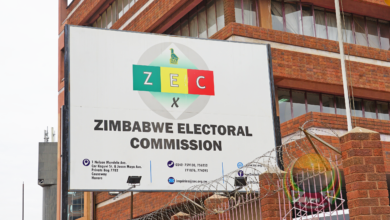Manufacturers and regulators unite to combat underweight goods

Manufacturers in Bulawayo will soon start engaging millers, retailers, and regulators to discuss the underweighting of goods such as mealie meal, which has become a growing challenge in the market.
This issue disadvantages bona fide millers and gives consumers less value.
Some errant millers are packing 8kg of mealie meal in 10kg bags, shortchanging customers while creating an uneven playing field and causing problems for compliant millers such as United Refineries, National Foods, Uni Mills, and others.
Since the beginning of this year, nearly 2000 manufacturers have been arrested for violating the Trade Measures Act and the Consumer Protection Act.
To address this challenge, the Small Maize Millers Association of Zimbabwe (SMMAZ) has joined the Ministry of Industry and Commerce, the Consumer Council of Zimbabwe (CCZ), the Consumer Protection Commission (CPC) of Zimbabwe, and stakeholders in the milling sector to find a way forward, as underweighting is hurting registered and compliant millers.
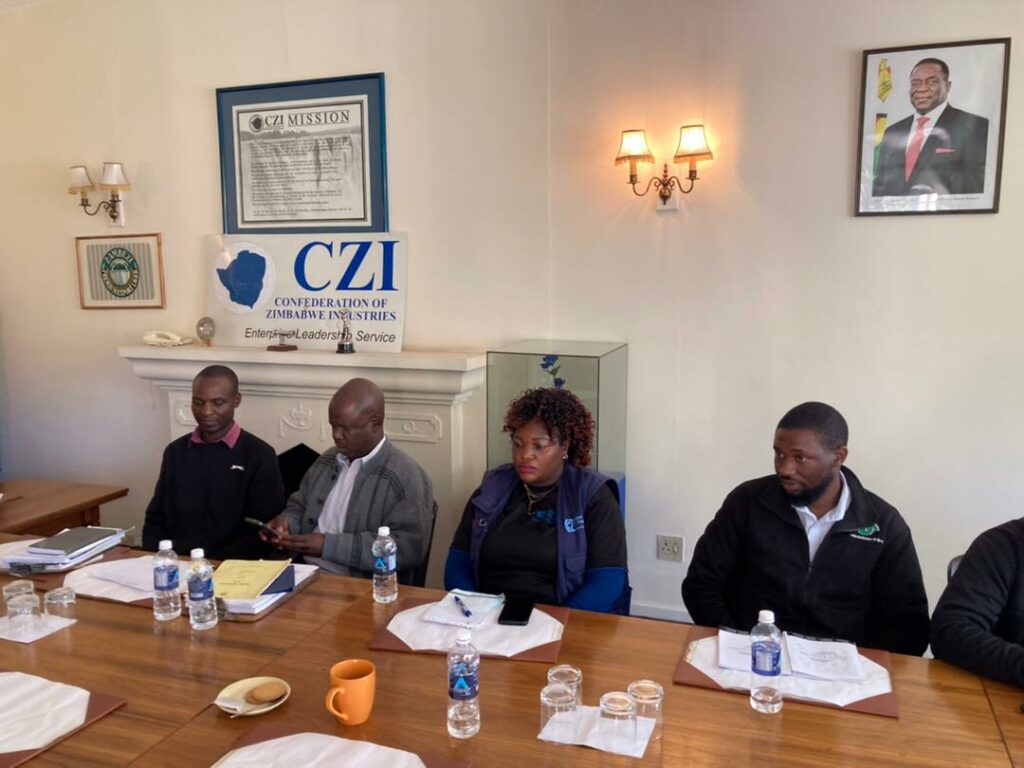

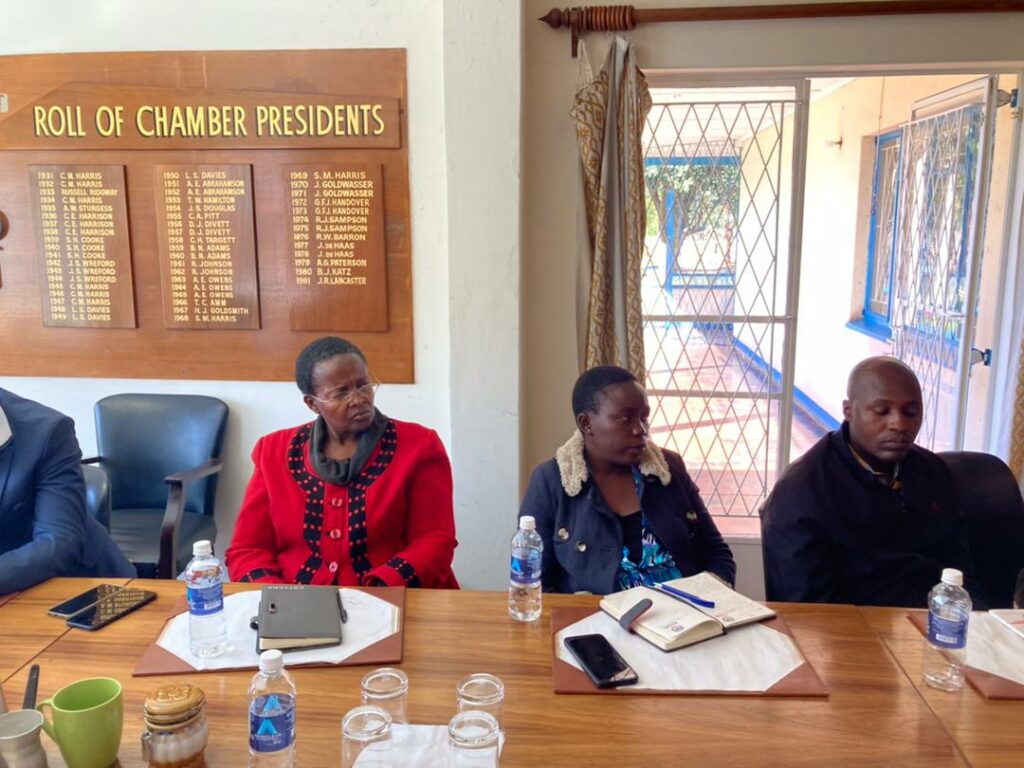
Following a caucus meeting at the Confederation of Zimbabwe Industries offices in Bulawayo on Thursday, SMMAZ Chairperson Davis Muhambi stated that its members have expressed concern about the issue of underweight maize meal in the market, as well as other issues such as the sale of counterfeit goods.
“The issue requires multi-sectoral players and actors to come together, having observed that it creates an unlevel playing field in the milling sector,” he said.
Muhambi said while competition is welcome and good for sustainable growth in the sector, some players were unknowingly or knowingly underweighting products and undercutting prices.
“Underweight 10kg gives them a market advantage, leading to the removal of other players. If mealie meal costs $5 and one packs 9kg, that means the product goes into the market with a perceived 10kg (yet it ought to be sold) at $4.50. That 50 cents makes a huge difference in driving sales and gives an unfair competitive advantage to other players,” he said.
The chairperson said “naturally” underweighting does not give fair value to the consumer.
“Consumers need to understand that cheap is not necessarily cheap. You might think you are paying less for 10kg but you are paying for far less and will quickly need to purchase another. In the end, you pay more for the product,” he said.
Muhambi said this initial meeting was a start, and to build on the momentum, engagements with the sector should happen swiftly.
“Measures of deterrence can only be instituted by regulators. On our part, we certainly do want some form of punishment,” he said, adding that as manufacturers they are willing to provide resources to assist regulators.
“We are limited by what the law allows us to do. We are not regulators but affected manufacturers. When one sells expired goods, it sells cheaper but affects our sales when we bring fresh products priced by the current market commodity price. We are joining hands with regulators to make them aware of what is happening and how we can mitigate the effects of these problems in Zimbabwe.”
The chairperson said manufacturers realized that underweighting might not be specific to milling but requires the industry to understand what is happening and come up with resolutions.
He added the market needs to consult and self-regulate since underweighting is a sector-wide problem.
“All of us are aware of what is happening and the consumer needs to be made aware so they can also play an active role,” Muhambi said, adding that retailers are also key in the engagements so they can fulfill their legal role and not be found wanting.
“Since retailers are conduits and gateways, they must assist because that’s where all products converge. If they play an active role, it becomes a deterrent for anyone wanting to underweight their products because they will not have a market,” he said.
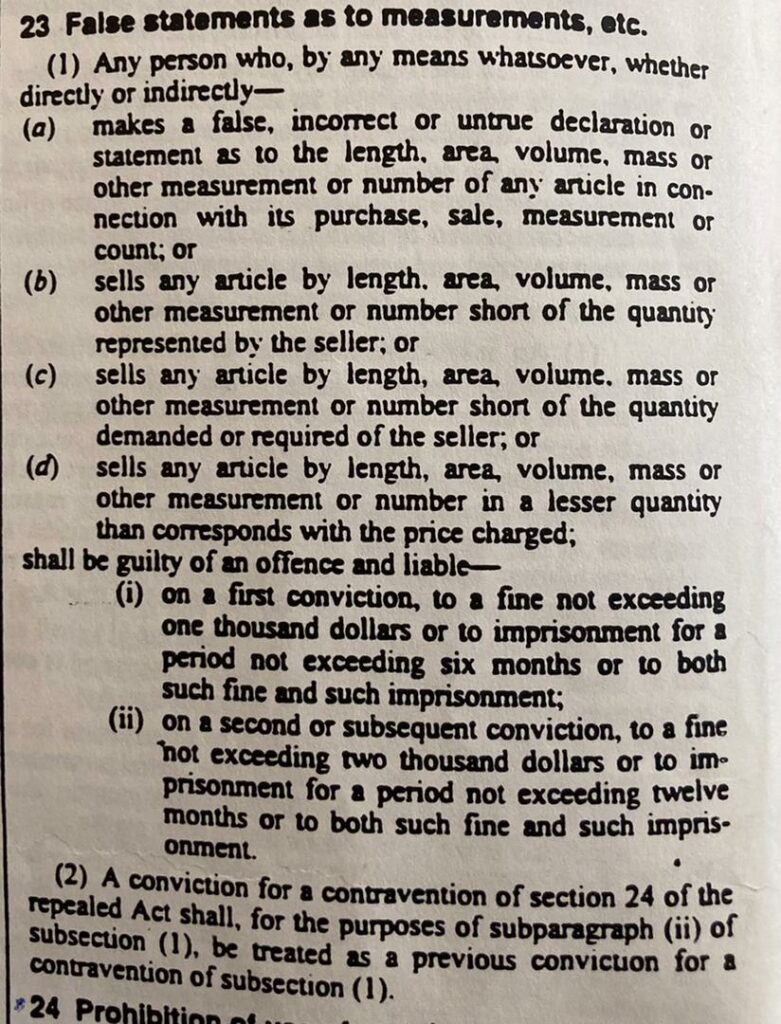
An official from the Trade Measures Act, Adwell Shave, said Section 23 of the Trade Measures Act (Chapter 14:23) is clear that underweighting is not allowed.
“We have inspectors who do inspections and if underweighting is found, such manufacturers are prosecuted. They pay a fine or go to court,” he said.
Godknows Zhou echoed Shave’s sentiments from the CPC, who said the government is proactive in curbing these illicit business practices and malpractices in the market.
“From January to June, 1,903 manufacturers have been prosecuted for underweighting, selling expired, and counterfeit goods,” he said.
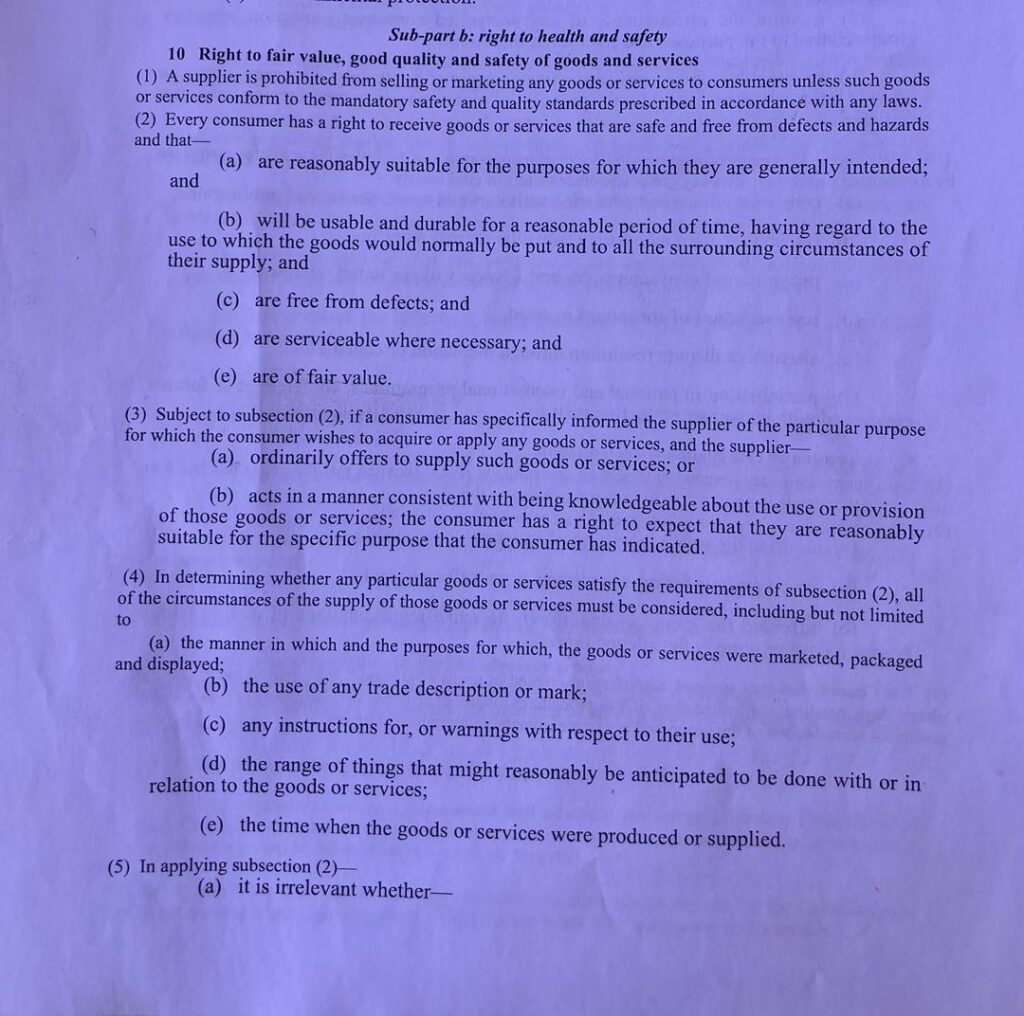
A senior investigations officer at the CPC, Jefias Sibanda, added that Section 10 of the Consumer Protection Act states consumers should have the right to fair value, good quality, and safety of goods and services.
“When there is a proliferation of counterfeit goods, it means there won’t be any fair value. As a commission, we have been active since last year. We have close to 2,000 prosecutions in contravention of the Act,” he said.
“We will continue to engage in blitz exercises together with our counterparts at the Trade Measures to hold accountable those who are contravening the Consumer Protection Act.”




